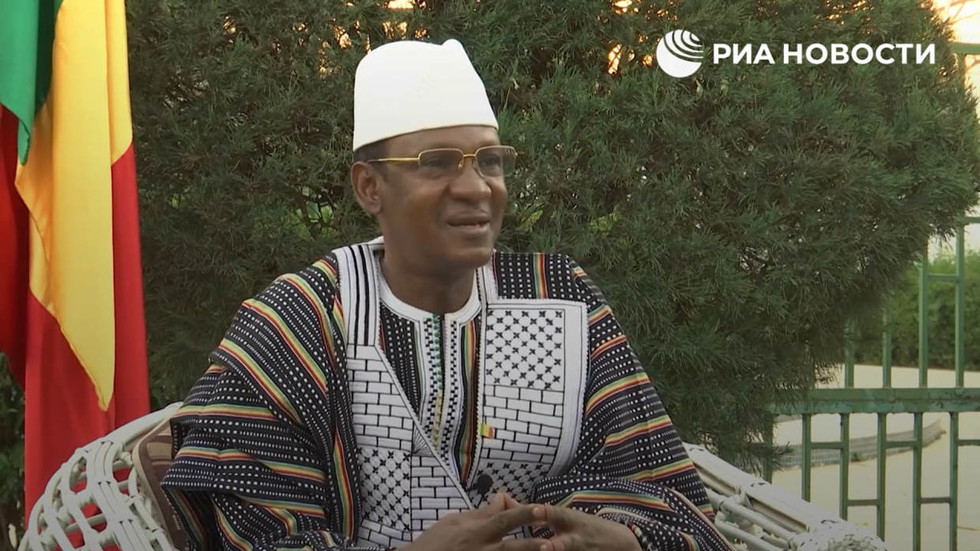The Donald Trump
hush-money trial
briefly devolved into chaos after the judge cleared the courtroom and warned a defense witness not to give him “side eye.”
Trump had called his second defense witness, attorney Robert Costello, to testify Monday about his interactions in 2018 with the prosecution’s star witness,
Michael Cohen
, when the conflict erupted in the New York courtroom.
Costello repeatedly gave answers that went beyond the questions, prompting Judge Juan Merchan to sustain objections from prosecutors and strike the testimony. After one such ruling, Costello said, “Jeez.” The judge looked at him and said, “I’m sorry?” And then Costello said, “stricken,” referring to his own remark.
After more questions, Merchan finally stopped the proceedings and asked the jury to leave.
“Mr. Costello, I want to discuss proper decorum in my courtroom,” a visibly angry Merchan said. “If you don’t like my ruling, you don’t say ‘jeez’ and then you don’t say ‘Strike it’ because I’m the only one who can strike testimony in my courtroom.”
‘Staring me down’
After that admonition, Merchan appeared ready to proceed. But then he said: “You don’t give me side eye and you don’t roll your eyes.” The judge asked: “Are you staring me down right now?”
With that, the judge said: “Clear the courtroom.” Dozens of people in the gallery, most of whom were media members, were ordered by guards to leave. Most people didn’t understand why they were being escorted out. The former president and his lawyers had remained in the courtroom, along with prosecutors.
After several minutes, the judge allowed the public and the press to return. The judge recalled the jury, and Costello resumed his testimony, appearing chastened.
Costello had earlier testified that Cohen, Trump’s former lawyer and fixer, insisted to him in an April 2018 meeting that Trump knew nothing about a $130,000 hush-money payment to adult film star
Stormy Daniels
ahead of the 2016 election. Cohen testified that he didn’t tell Costello about the Daniels payment because he didn’t trust him.
Earlier Monday, prosecutors rested their case after Cohen finished his fourth day on the witness stand. The government alleges Trump falsified business records to cover up the payment, which Cohen testified was meant to bury the Daniels story of having a sexual encounter with Trump a decade earlier.
Costello said he first met Cohen days after the FBI raided his home, office and hotel suite. Cohen had testified that Costello wanted to set up a back channel to Trump and make sure he didn’t cooperate with prosecutors.
But Costello disputed that, saying he only wanted to protect Cohen’s interests.
“He was absolutely manic at the beginning and throughout the two hours of that meeting,” Costello said. “He said ‘My life is shattered, my family’s life is shattered. What’s my escape route?”’
Admitted theft
During earlier testimony Monday, Cohen admitted he stole $30,000 from Trump by adding phony expenses to his hush-money reimbursement. During his fourth day on the witness stand, Cohen was grilled on cross examination about a key element of a larger repayment he received for the $130,000 he paid to Daniels.
That repayment included another $50,000 that Cohen said he paid to Red Finch, a technology company that did work to help Trump boost his standing in a pre-election CNBC poll. Trump had refused to pay the firm, so Cohen said he stepped in with his own money. But he testified he’d only paid Red Finch $20,000, passing the cash to the company’s chief executive officer in a paper bag.
“You stole from the Trump Organization?” Trump attorney Todd Blanche asked.
“Yes, sir,” Cohen said.
Cohen said he felt entitled to take the money. He said he’d sought to protect Trump “the best that I could” and assisted his campaign, but was “very upset” when the billionaire cut his annual bonus in December 2016 by two-thirds — even after Cohen had used his own funds on Trump’s behalf for the payments to Daniels and Red Finch.
“I was angered because of the reduction of funds,” Cohen said. “I felt it was almost like self-help. I wasn’t going to let him benefit in this way.”
While Cohen initially testified to the Red Finch payment last week, he was asked about details of the theft Monday. He said he felt “pressured” to pay Red Finch for its work, so he got cash from his own account to give $20,000 to the company CEO.
“It was in a small brown paper bag,” Cohen said. “He came to the office and I gave him the cash.”
Blanche continued attempts to depict him as a liar and thief who’s made millions of dollars rooting for Trump’s demise through his books, podcasts and interviews.
He pleaded guilty twice in 2018 to various crimes, but was never charged for the Red Finch theft, he said. The defense lawyers are trying to undermine Cohen’s credibility to suggest he was lying in testifying that Trump authorized the payments to influence the election.
‘It upset him’
Cohen said Red Finch was hired by the Trump Organization to improve Trump’s standing in a CNBC poll. Trump ranked near the bottom, “and it upset him,” because he is one of the most famous business executives of the past century, Cohen said.
A Red Finch executive told Cohen that he could acquire IP addresses “to create an algorithm to ensure that Mr. Trump would rise and rise significantly in this poll.”
The firm managed to boost his standing to ninth, fearing that going to the top spot would raise red flags.
Trump didn’t want to pay though, because “CNBC ended up not continuing and moving forward with this poll, and so he didn’t feel that he had gotten the benefit of what the services were supposed to ultimately provide,” Cohen said.
Cohen then decided to pay Red Finch on his own, he testified.
After the government rested its case, Merchan said that he now expects closing arguments in the trial to take place on May 28.

 6 months ago
27
6 months ago
27







